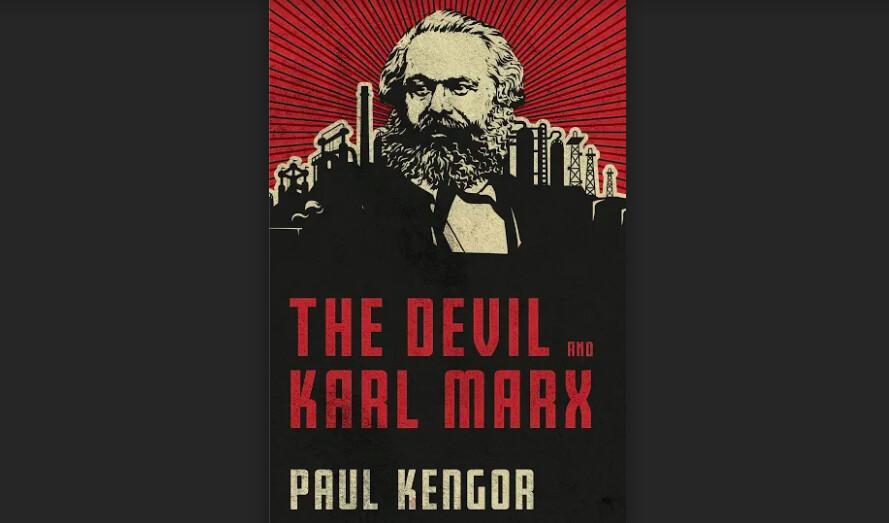Alarm bells should be ringing across our great nation in the face of one of the gravest existential threats it has ever faced, and one of those clanging the bell the loudest is that incomparable student of the history of American communism, professor Paul Kengor of Grove City College. His warning comes to us through his superb, just-released book, “The Devil and Karl Marx: Communism’s Long March of Death, Deception, and Infiltration.”

Author Paul Kengor. Courtesy of Paul Kengor


